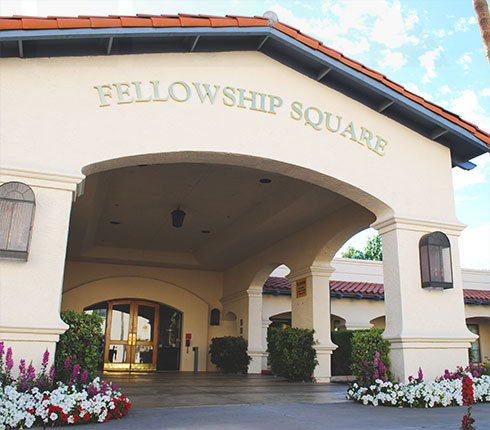What Seniors Need to Know About Being a Donor
 Giving life to a person in need by way of being an organ donor is one of the most amazing gifts a person can give before they leave this earth! April has been deemed National Donate Life Month (NDLM) by Donate Life America in an effort to raise awareness about the importance of becoming a donor and what people need to know to become a donor. Fellowship Square dives in to share some facts and recent research about becoming an organ, eye and tissue donor.
Giving life to a person in need by way of being an organ donor is one of the most amazing gifts a person can give before they leave this earth! April has been deemed National Donate Life Month (NDLM) by Donate Life America in an effort to raise awareness about the importance of becoming a donor and what people need to know to become a donor. Fellowship Square dives in to share some facts and recent research about becoming an organ, eye and tissue donor.
In 2003 Donate Life America and its partnering organizations established National Donate Life Month, and to date it incorporates a month of activities on local, regional and national levels to encourage people to register as organ, eye and tissue donors as well as to “celebrate those that have saved lives through the gift of donation.”
Currently, 114,000 men, women and children are awaiting organ transplants that could save their lives. Astoundingly, an additional person is added to that list every 10 minutes. With each organ, eye and tissue donation, up to eight lives can be saved. And the life-saving difference that donors are making is undeniable – last year 17,5000 donors brought life to recipients and their families, according to the Donate Life America website.
Many seniors may not consider becoming a donor as they feel their organs aren’t in the best shape to help save a life. But evidence is growing to debunk that myth. According to an article on PBS.com, the cutoff age for donors is increasing because these organs are still vital and able to make a difference in the live of people currently on the donor list. There are strict regulations on age in some cases; however, the article makes the case that even with age some organs are in great condition. In the article, Dr. Robert Steiner, the Co-Director of Transplant Nephrology at UC San Diego and Health and Medical Director of Lifesharing, stated: “When you measure kidney function in people in their 70s, some people have function as good as a 20-year-old. You just have to find these people.
Seniors shouldn’t count themselves out as being a donor, regardless of age or health condition because according to Donate Life America, medical condition at time of death is what will determine which organs and tissues can be donated. Further, the site encourages “people of all ages and medical histories” to consider themselves potential donors.
Seniors should feel free to ask talk to their family members, care givers and their physician and ask specific questions about becoming a donor. Fellowship Square encourages seniors to do what they feel is right when it comes to the topic of becoming a donor as it’s a very individual decision.

